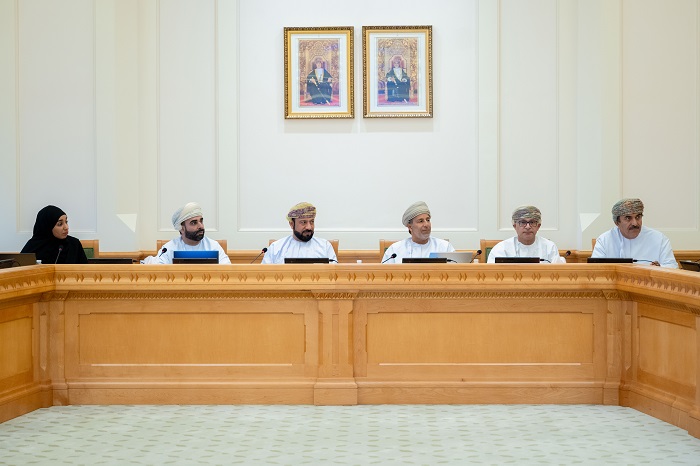
Muscat: The Economic and Financial Committee of the Shura Council hosted a group of specialists from the Ministry of Finance on Sunday morning to discuss the draft State Receivables Collection Law, referred to the Council by the government.
The session aligns with the implementation of Article 47 of the Oman Council Law, which stipulates that draft laws prepared by the government are submitted to the Oman Council for approval or amendment before being presented directly to His Majesty the Sultan for ratification and enactment.
During the meeting, the committee members received a comprehensive briefing from ministry officials on the draft law’s provisions, legislative implications, and its impact on existing regulations.
The Ministry of Finance, as the principal authority overseeing the draft law, outlined its objectives, justifications, and the legal framework proposed to streamline the collection of state dues.
The committee members raised several observations and recommendations on the draft law’s articles and proposed amendments. The discussions also addressed challenges faced by the Ministry in recovering outstanding financial obligations owed to the state by individuals and corporations.
Key Objectives of the Draft Law:- Regulate the mechanism for recovering state funds and financial dues from individuals and entities. - Enhance collection efficiency by establishing a clear legal framework and effective enforcement mechanisms.
The meeting was held as part of the fourth meeting of the second ordinary session (2024–2025 ) of the Shura Council’s tenth legislative term. It was chaired by Ahmed Saeed Al Sharqi, Chairman of the Economic and Financial Committee, in the presence of the committee members.